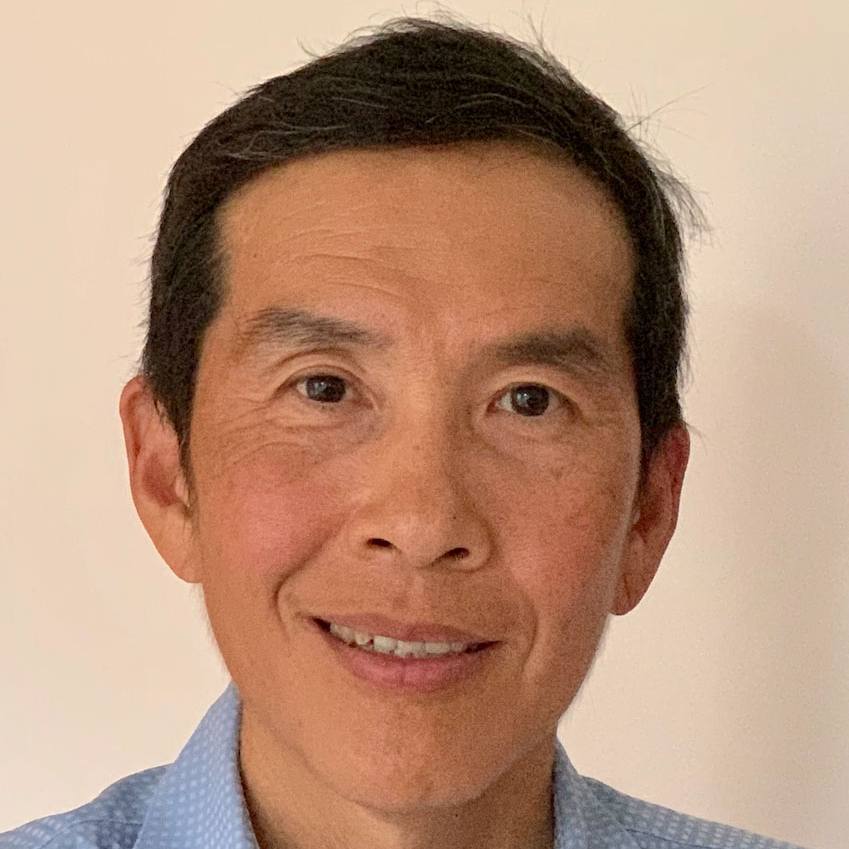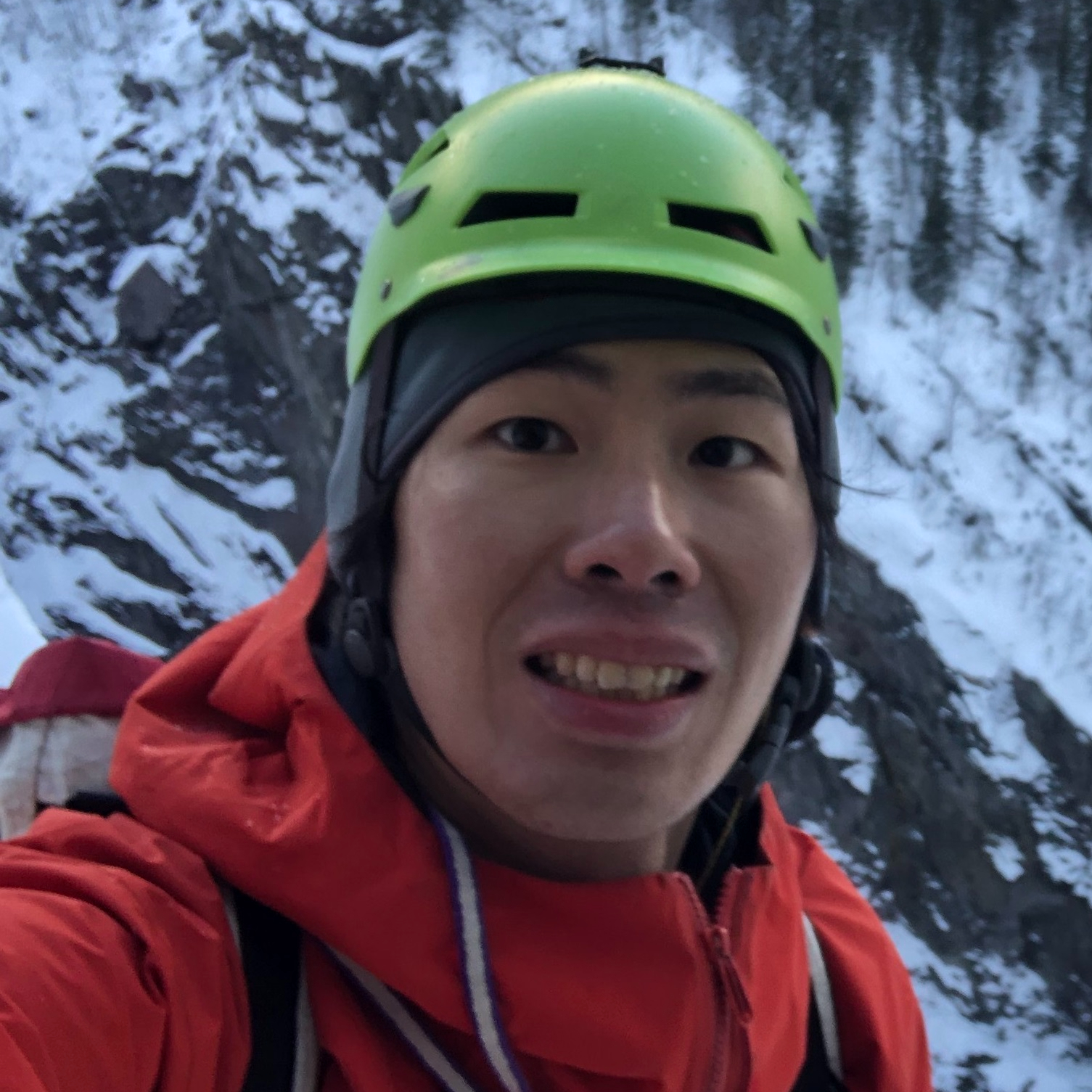Home > About us > Lab Members
About Us / Lab Members
Lab Members
Professor Michael Chee Wei Liang is the Director of, Centre for Sleep and Cognition, NUS Yong Loo Lin School of Medicine. Before joining NUS Medicine, Mike was a Professor in the Neuroscience and Behavioral Disorders Programme at Duke-NUS since 2006. He was the Director of the Centre for Cognitive Neuroscience and Visiting Consultant at Singapore General Hospital since 2014.
He received an MBBS from NUS in 1983 and underwent specialist training in internal medicine and neurology. During a Fellowship in Epilepsy and Clinical Neurophysiology at The Cleveland Clinic Foundation from 1990 to 1992, he developed an interest in MRI that was furthered at the Massachusetts General Hospital NMR Centre. On returning to Singapore, he worked on the functional anatomy of the bilingual brain before switching focus to the neurobehavioral and imaging associates of sleep deprivation and combining this with a second interest in cognitive ageing.
Mike’s present research seeks to reduce the impact of degraded or restricted sleep on cognitive performance, well-being, and health span. He uses objective measures of sleep, cognition, and mood as well as physiological markers to understand sleep-wake schedules for different age groups and individuals in a principled manner. His team is currently working to harness and then evolve the capacity of iteratively-improved sleep trackers like the Oura Ring used in concert with smartphone-based phenotyping tools, to gather rich longitudinal data about sleep and its benefits at scale.
His research has been well cited in scholarly journals, but also notable is his advocacy for science and its relevance to the common man. His work has been mentioned in leading international media such as Time Magazine, the Economist, and BBC. He has appeared in several locally produced scientific documentaries and has written commentaries on topics on health, science, and the importance of sleep.
Mike was the inaugural recipient of the BMRC-NMRC Senior Clinician Investigator (2005) and NMRC Singapore Translational Research Investigator (STaR) Awards (2008; renewed in 2013 and 2020). In 2009, he received the National Outstanding Clinician-Scientist Award. In 2020, he became an inaugural Fellow of the Organization of Human Brain Mapping.
Having built research programs from the ground up, Mike is well acquainted with what it takes to develop from a solo PI to a group leader; from a practitioner serving one patient at a time, to a policy influencer whose ideas could shape the lives of millions of people. His mentorship of many junior scientists who have now achieved success in their own right is something he cherishes and wishes to carry forward in his role as the Director of Centre for Sleep and Cognition.
He leads and supports PI and research staff in their quest to harness multi-disciplinary approaches encompassing cognitive neuroscience, brain imaging, machine learning, and public health to unlock human cognitive potential and sustain it over a lifetime.
Research Assistant Professors
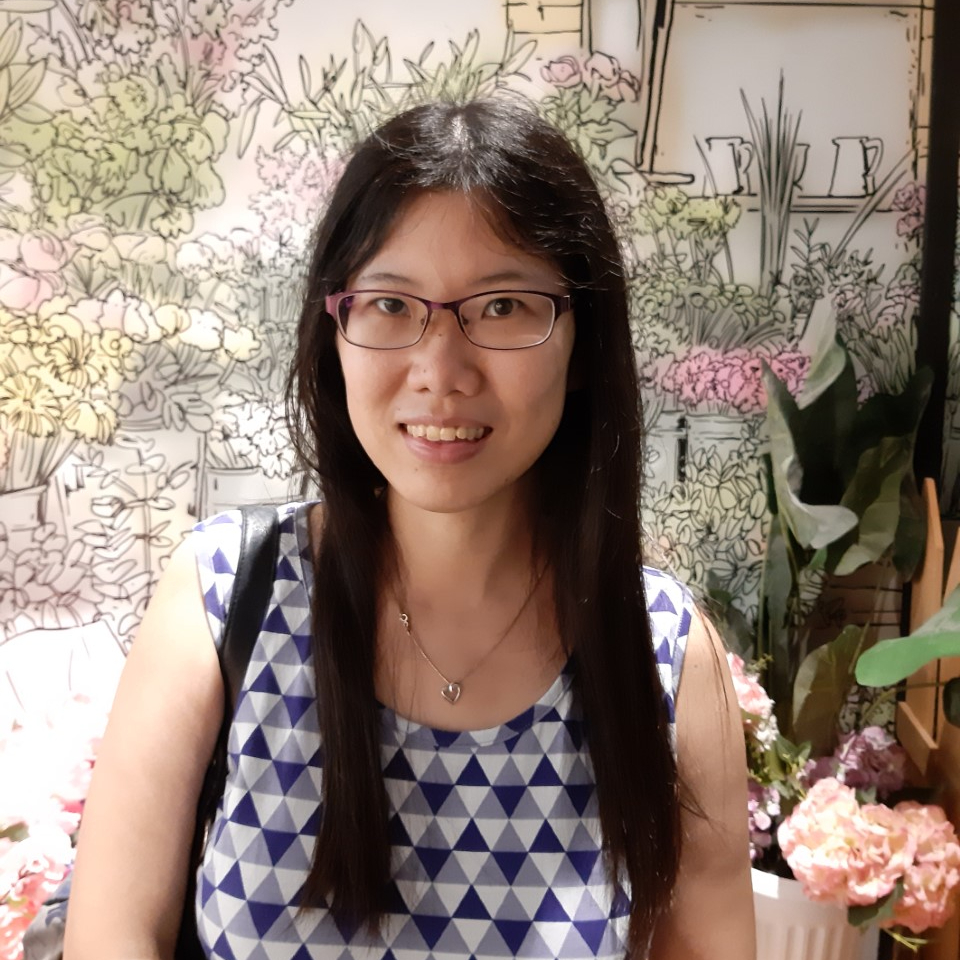
Ong Ju Lynn
My research interests are in signal/image processing methods for the improvement of health and cognition. As part of my PhD, I worked on methods for computer-aided detection of polyps in CT colonography. Under Prof. Michael Chee, I explored mechanisms underlying attention failures following sleep deprivation, improvement of memory consolidation during sleep using acoustic stimulation and characterisation of sleep patterns from young to old using EEG and MRI methods. My current research focuses on the development of targeted interventions for the improvement of population health using a combination of wearable data and health/cognitive measures.
When not looking at signals and images, I enjoy miniature craft, photography and unstructured play time with my two kids.
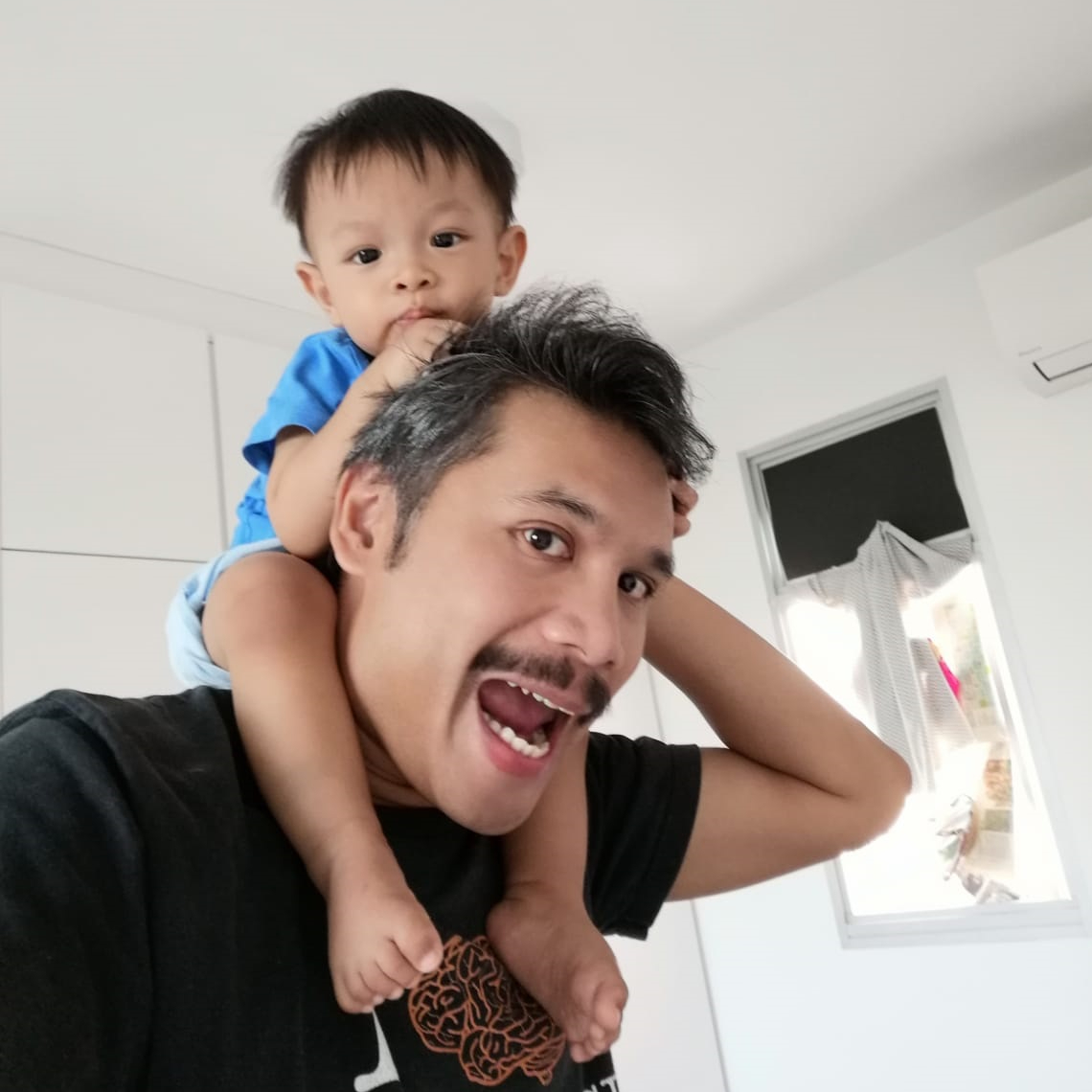
Stijn Massar
I'm a cognitive neuroscientist with a background in work psychology. My main research interests are in human performance under fatigue, sleep deprivation and stress. I have a special interest in how these areas interact with motivation and effort allocation. I study these topics through a variety of techniques including behavioral experiments and techniques such as behavioral modelling, pupillometry, and neuroimaging. Furthermore, I am interested in methods and techniques to improve sleep in the wider population.
Postdoctoral Researchers

Ruth Leong
Sleep is important for health and cognition. Yet, much remains unknown about the exact role sleep features play in boosting aspects of cognition. How much sleep do we need to attain our cognitive and emotional goals? To what extent do naps benefit cognitive processes? Does the role of sleep change with age? I seek to address these questions by conducting behavioural experiments employing techniques measuring sleep as well as cognitive tasks. In addition, I am passionate about boosting population sleep health through strategic interventions targeting sleep education and sleep hygiene practices.
In my free time, I engage in my hobbies which include ballet, baking, gardening, reading, and hanging out with my dogs and parrots.
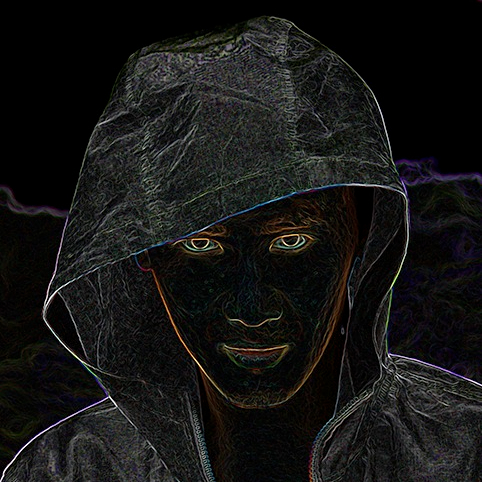
Soon Chun Siong
My research interests revolve around understanding the neurological and physiological dynamics of sleep, and managing sleep health at the population level.
We have uncovered instantaneous, orderly coupling between changes in respiration, heart rate, BOLD and EEG signals occurring at sleep- and wake-onsets. Multifactorial machine learning methods will be brought to bear to elucidate how such tight multimodal coordination supports different states of consciousness and transitions between them.
At the same time, with the aim of improving public health through better sleep and physical activity management, we are actively developing digital phenotyping tools to collect physiological and behavioral matrices via smartphones and wearables. Both implicit and explicit measures are used to monitor sleep, physical and cognitive health.
In my “spare” time, I help to manage 3 research MR scanners, from setting up SOPS, managing contracts, QC, to designing and fixing scanner-compatible accessorial equipment.

Hosein Aghayan Golkashani
As an MD-MPH, I have always been interested in interdisciplinary research in cognitive neuroscience. Currently, I am a research fellow, and my research focuses on the effects of aging and sleep on schema-based learning and memory integration. In this regard, I have been investigating if older adults are capable of forming new knowledge structures and whether the schema-driven memory benefits are preserved with advancing age.
I am also interested in how sleep benefits the consolidation of schema-related memories and inference. Moreover, my current project aims to examine how sleep deprivation could affect schema-driven facilitation of inference and memory integration into a freshly acquired schema

Gizem Yilmaz
I am a biomedical scientist with a bioengineering background. My research has been evolving around biosignal processing to investigate the functioning of the human body. In my Ph.D. research, I worked extensively with electrophysiological signals to decipher neural pathways of the neuromuscular system. Now, as a research fellow in Prof. Chee’s group, I seek to understand the dynamic relationship between signals of the cardiovascular system (such as ECG and PPG) and sleep metrics, by combining wearable data and biosignals. The ultimate goal of my research is to contribute to the improvement of health in the wider population.
Meanwhile, apart from being an avid walker (I can discover a whole city on foot), I love being outdoors – running, trekking, camping, mountaineering… I look forward to discovering forests, valleys, and mountains around Singapore.

Shuo Qin
My main research interest is cognitive ageing. During my doctoral study I focused on age-related differences in task-based fMRI responses and individual differences among healthy older adults. Now as a research fellow in Dr. Chee’s lab, I aim to learn and explore how sleep and rest-activity rhythm contribute to cognition and brain functions in older adults. In addition, I am interested in interventions that target age-related cognitive impairment. My ultimate goal is to help older adults maintain cognitive functions via health monitoring and interventions.
In my spare time I love to double lock my bedroom door and watch true crime documentaries.

Adrian Willoughby
I have a variety of interests in various aspects of cognitive function and sleep. Since completing my bachelor's degree at the University of Oxford and my PhD in Cognitive Psychology at the University of Michigan,
I have been lucky enough to pursue these interests at several labs around the world. Much of my research uses EEG and peripheral psychophysiology in addition to behavioural measures – for example, to study aspects of sleep EEG features such as K-complexes and sleep spindles. In my current research, I have started incorporating large-scale datasets from wearable devices to understand sleep dynamics at a population level, with the aim of improving targeted sleep interventions.

Shohreh Ghorbani
I am currently a research associate at the Center for Sleep and Cognition, with a background in electrical engineering and an MSc in electrical engineering-telecommunications. My research primarily focuses on sleep studies with the intersection of AI. One of my key projects involves extracting features from photoplethysmography (PPG) data to develop algorithms that predict blood pressure or Cardiovascular age. Additionally, I am engaged in validating sleep wearable devices using polysomnography. Another significant area of my research explores the interaction between slow-wave sleep and sleep spindles in memory consolidation. I also contribute to the lab by providing IT and technical support.
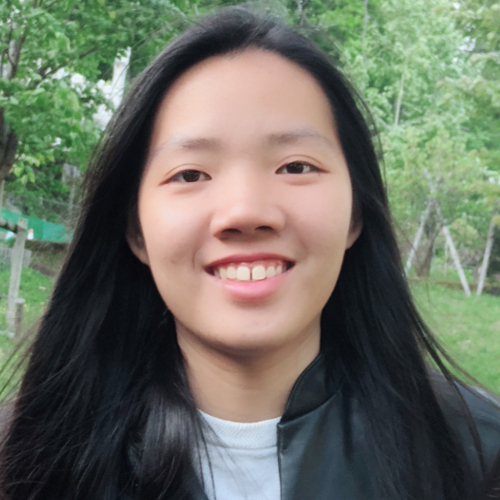
Chua Xin Yu
As a research assistant in the Sleep and Cognition Laboratory, my responsibilities within the lab include the collection, processing and analysis of data for various research studies. Currently, my main project revolves around the use of smartphone applications to capture the relationship between sleep and day-to-day changes in cognition.
Outside of work, I spend my free time baking, reading, drawing, learning about data science, and staring into empty space.

Zhenghao Pu
As a research assistant in the lab, I am mostly involved in projects that seek to understand health behavior (particularly sleep) from a decision-making perspective. Current projects explore topics like effort-based decision-making and bedtime procrastination. These projects have provided me rich opportunities to learn and practice a wide range of research skills including literature review, experimental design, participant recruitment, coding behavioral tasks on MATLAB and E-prime, writing SOP and collecting data from participants, analyzing data on MATLAB and SPSS, running participants through MRI protocols in an MRI scanner, etc.
In the future I aspire to be a clinical child psychologist who focuses on research but is also involved in practice and clinical training. My research interests revolve around early life adversity and its risk for psychopathology later in life, and involve topics like parenting, attachment, cognitive and neural development. I believe that healthy child development is the key to happy and competent adults and a peaceful world.
Ashamed to admit it, TV is currently my favorite thing outside work. I also love watching and playing tennis, singing (which is not to say I am good at it) and cooking.
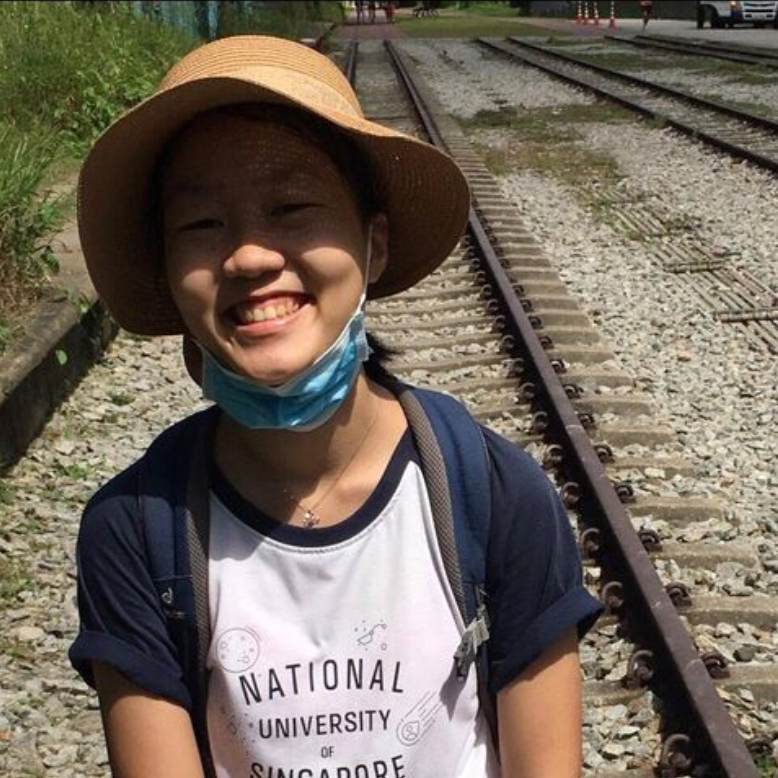
Liang Tian
I am a research assistant at the Sleep and Cognition Lab. My responsibilities currently involve the following: monitoring sleep, activity, and heartrate wearable data; coding tasks in EPrime; and helping out in experiments using EEG. I am broadly interested in the relationship amongst sleep, mental health & well-being, social cognition, as well as affective neuroscience. Before joining the SCL, I completed a B.Soc.Sci at NUS in Psychology with a minor in French studies in 2021.
In my free time, I like to read (novels, newspapers, flash-fiction), learn data science and foreign languages, volunteer, listen to music, watch YouTube videos, bird-watch, and go on long cycling/jogging trips.

Kyra Chong Huimin
I am currently a research assistant at the Sleep and Cognition Lab with a background in Psychology & Business Management. My work at the lab regularly involves data processing and analyses for various studies we conduct. The current project I am working on mainly focuses on the barriers to sleep that freshmen students often face in university. I also am involved in graphic design work in reports and graphics for academic papers.
Outside the lab, I enjoy reading, crocheting & sewing, love exploring the outdoors (aside from spiders) and am always up for trying out new activities!

Tara Martin
I am a research assistant in the Sleep and Cognition lab, with a BSc (Hons.) in Psychology from Durham University. In the lab, my responsibilities typically involve participant onboarding, data collection, processing and analysis, as well as the monitoring of sleep and activity data collected from OURA rings for various research studies. In my spare time, I enjoy painting, poring over interior design magazines and expanding my "to-be-read" shelf on Goodreads.
PhD Students

Noof Abdullah Saad Shaif
I am a PhD candidate at the Centre for Sleep and Cognition, with an MBBS and an MSc in Behavioral Neuroscience. My research interests lie in understanding the effects of stress on sleep, and I am particularly interested in the stress-diathesis model. Currently, my research focuses on identifying the baseline characteristics of individuals with low and high sleep reactivity, as well as investigating how sleep reactivity moderates the effect of stress on sleep among healthy adults.
By investigating the effects of sleep reactivity on sleep and identifying predispositions to developing sleep disorders, I strive to contribute to the development of effective interventions and strategies that promote mental health, enhance cognitive resilience, and improve the quality of life for individuals facing these challenges.
In my free time, I enjoy engaging in deep conversations with the people I love and taking long walks in nature.
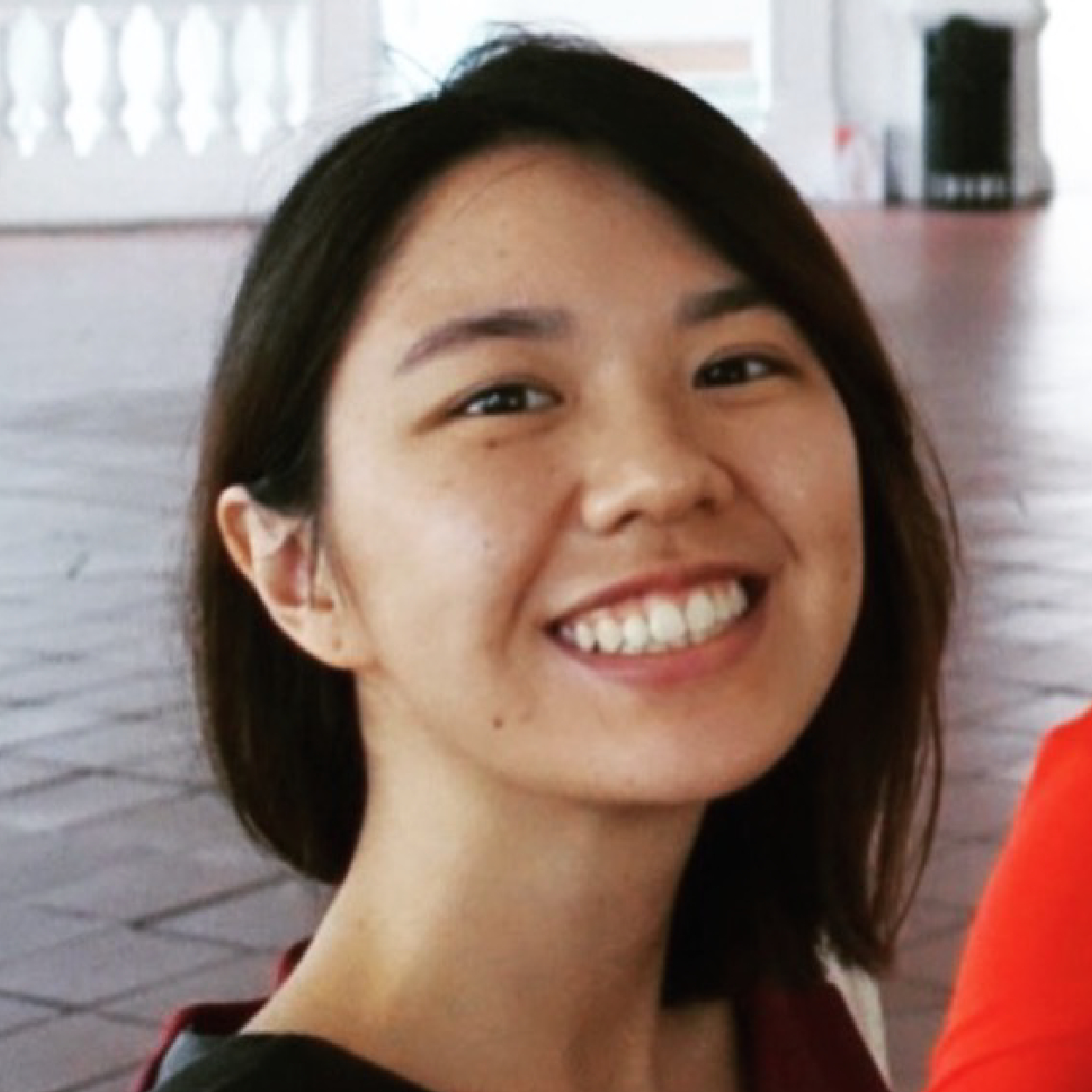
Alyssa Ng
As a PhD student in the Sleep and Cognition Lab, my research interests lie in understanding the relationship between circadian rhythms and cardiometabolic disease risk. In particular, my research aims are to examine the impact of sleep schedules and circadian misalignment on metabolic health outcomes, and whether the modification of eating schedules can be applied in the treatment of circadian rhythm disorders, such as in shift workers, to reduce metabolic disease risk. My current research focuses on investigating the effects of different sleep and eating schedules as well as their interactions on blood sugar among healthy adults.
In my free time, I enjoy escaping to other worlds in books and video games, listening to music, practising yoga and hanging out with my rabbit.
Secretary
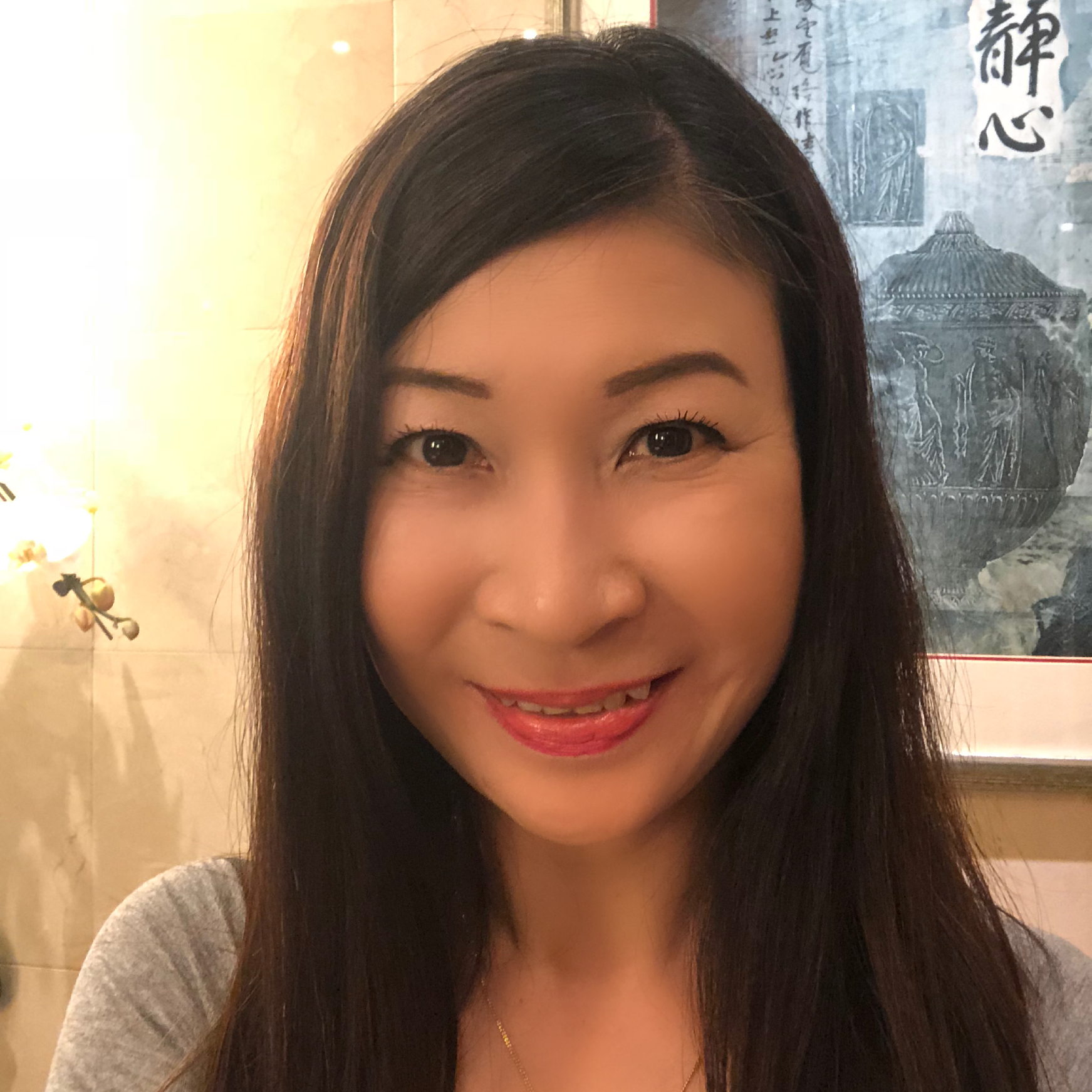
Shirley Kok
I provide secretarial services and administrative support to Dr. Michael Chee and the lab. Efficiency is my middle name!
Part of my daily routine includes having afternoon tea. My day at work will not be complete without it.
SCL Alumni
| Aiqing Ling Amiya Patanaik Andrew Roshan Dicom Annette Chen Bindiya Raghunath Camilo Libedinsky Cher Weishan Chong Shin Wee Christopher Asplund Chun Siong Soon Cindy Goh Delise Chong Deepti Mulick Elaine van Rijn Emily Koh Enhui Yong Grace Tang Hoki Fung Hweeling Lee Irma Kurniawan Jack De Havas James Cousins Jean Liu June Lo Jesisca Tahdi Jiat Chow Tan Jingwei Lim Joann Poh Joshua Goh Julian Lim Karen Chan Karen Sasmita Karren Chen Kavitha Dorairaj Ksenia Vinogradova |
Kong Danyang Lee Su Mei Lee Xuan KaiLisa Chuah Loh Kep Kee Lydia Teo Mei-fen Yang Meiyi Ngeow Michele Veldsman Ming Yi Zhou Nabilah Mohammad Natalie Wee Pearlynne Chong Poh Jia Hou Praneeth Namburi Sam Sim Sarayu Parimal Sei Hwan Oh Siti Yaakub Shirley Koh Shuhui Yau Shuwei Koh Sunny Kort Thomas Yeo Tiffany Chia Teo Teck boon Vanessa Chen Vaisakh Puthusseryppady Vinod Shanmugam Vinod Venkatraman Vivian Isaac Weiyan Chee William Rekshan Ying Lee Zheng Hui Zhu Wan Zheng |

